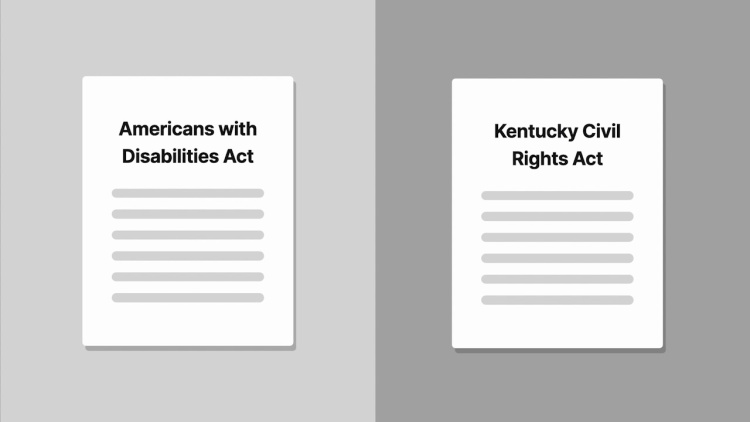Toyota Motor Manufacturing, Kentucky, Inc. v. Williams
United States Supreme Court
534 U.S. 184 (2002)
- Written by Nan Futrell, JD
Facts
In 1990, Williams (plaintiff) began working for Toyota Motor Manufacturing, Kentucky, Inc. (Toyota) (defendant) in an automobile-manufacturing plant. Williams worked on an assembly line, performing manual tasks using her arms and hands. Williams began experiencing pain in her wrists, hands, and arms. A medical professional diagnosed Williams with carpal tunnel syndrome and imposed certain work restrictions preventing her from repetitive lifting of heavy weights. Toyota reassigned Williams to a quality-control team. For two years, Williams capably performed the assigned job duties. In 1996, Toyota began rotating quality-control employees to various teams. This required Williams to perform new tasks that once again caused her neck and shoulder pain at work, although it did not affect her ability to do routine chores at home. Williams asked Toyota to accommodate her medical condition by permitting her to perform only quality-control job duties. According to Williams, Toyota denied the request. Toyota claimed Williams began missing work on a frequent, unexcused basis. Williams was terminated for poor attendance in 1997. Williams sued Toyota, alleging disability discrimination in violation of the Americans with Disabilities Act (ADA), 42 U.S.C. § 12101 et seq. The district court held that Williams’s condition was not a disability under the ADA, but the United States Court of Appeals for the Sixth Circuit reversed. Toyota petitioned for review by the United States Supreme Court.
Rule of Law
Issue
Holding and Reasoning (O’Connor, J.)
What to do next…
Here's why 907,000 law students have relied on our case briefs:
- Written by law professors and practitioners, not other law students. 47,100 briefs, keyed to 996 casebooks. Top-notch customer support.
- The right amount of information, includes the facts, issues, rule of law, holding and reasoning, and any concurrences and dissents.
- Access in your classes, works on your mobile and tablet. Massive library of related video lessons and high quality multiple-choice questions.
- Easy to use, uniform format for every case brief. Written in plain English, not in legalese. Our briefs summarize and simplify; they don’t just repeat the court’s language.





